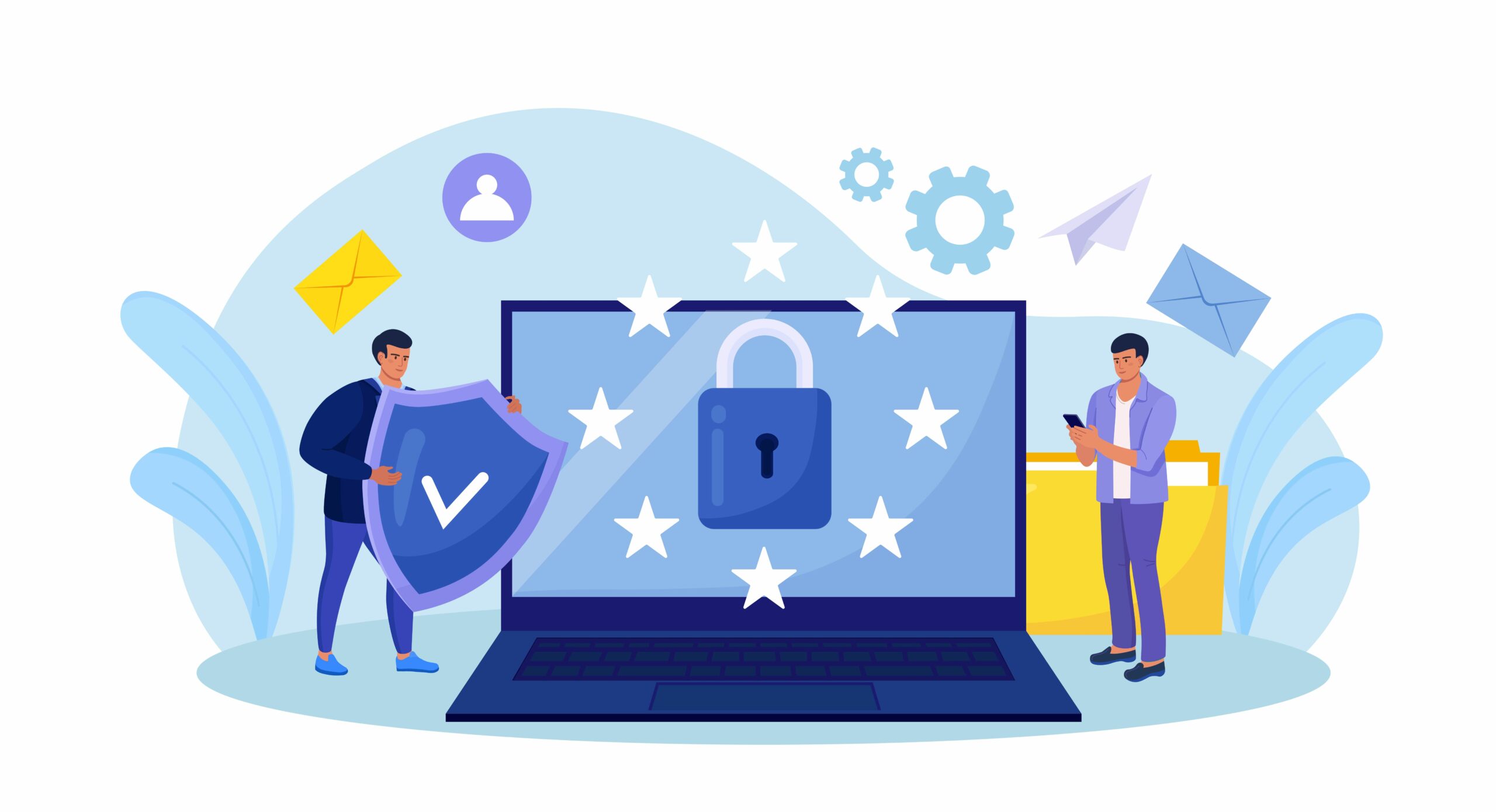We all want to protect the privacy of our browser history; that’s why so many of us use VPNs. But how efficient are VPNs in concealing browsing histories?
Traffic enters the VPN server outside Wi-Fi or the internet provider after being encrypted and transferred to the server over a VPN tunnel. Your IP address is the only data the Wi-Fi provider can access from the server if VPN is enabled. Each person’s surfing history will be concealed via Wi-Fi.
Does VPN protect from monitoring?
It is a virtual private network for a few reasons (VPN). One of the reasons you’re paying for a premium VPN subscription is to safeguard and anonymize your online activity.
VPNs are made to conceal a variety of things. They first conceal your IP address or internal protocol address. A trustworthy VPN solution can also conceal your location and browsing history. It enables the user to visit publicly accessible websites while keeping their identity a secret.
There are several things that your internet service provider (ISP) can track if you don’t enable a VPN. Your ISP can always monitor various components of your online activity, including the searches you execute, your website visits, the links you click, and the files you download. Yes, if you don’t implement a trustworthy VPN solution, all these things are feasible.
However, your ISP will be restricted in what it can learn about you after you begin leveraging a trustworthy virtual private network solution. A function called “Onion over VPN” is currently offered by several VPN providers, including NordVPN. This service combines the effects of the Onion browser and VPN to protect you from ISP surveillance further.
Overall, a trustworthy VPN service can assist you in hiding a variety of things. Let’s quickly review the remaining ones from those I previously highlighted:
Search History
One of the many things that a quality VPN will conceal from your ISP is your search history. Virtually all aspects of your browser history, including links you’ve clicked, search keywords you’ve used, and websites you’ve visited, are hidden by a VPN.
Your ISP will only discern the IP address of the VPN you use when you employ a VPN. The VPN obscures your IP address and will only display the fictitious one. Browsing history, location, and other personal data won’t be visible to your ISP.
IP address
You already know your IP address is another thing concealed from your ISP. They won’t be able to determine your actual browsing location if this happens. A disguised IP address can prevent your ISP from learning your phone number and credit card information.
What can a WiFi administrator see, exactly?
As you use their networks, Wi-Fi owners might see the following information:
- Names of each website you visit
- Names of each website you visit
- The location of the companies that are showing you adverts
- The websites you visit, the files you access, and the content you download (if you browse HTTP websites)
- Length of time spent online
- Length of time spent on particular websites
- People with whom you have made online calls
- People you texted with over the internet
- Which applications, how frequently, and when are you using them?
Why does the ISP still see some information?
Because your service provider links you to the websites you wish to visit, your ISP still views some information. The information sent to your data package serves as a request, which the ISP transmits to the desired location. You instruct a VPN to make that request to the VPN server when you connect to it.
But after that, the VPN server takes over the package, and the ISP will no longer be aware of its eventual destination.
Frequently asked questions
Does VPN hide from the Wi-Fi owner?
You require a VPN to secure your online privacy, hide your identity, and protect your traffic. For example, the operators of free Wi-Fi and your ISP won’t be able to see any activity associated with your VPN.
Can the VPN owner see activity?
Your web traffic and IP address can no longer be tracked. Even if a third party tries to monitor you, they will only see their IP address and random data instead of your actual IP address if you encrypt data and hide your IP address by directing your online activity through a VPN server.
Can the internet owner see what I search with VPN?
Your employer could be privy to your browsing history even though your ISP cannot access it over the VPN. Numerous companies now provide VPNs as their popularity among Internet users grows. These solutions allow you to encrypt your internet activity, similar to how your ISP cannot trace your internet activity.




